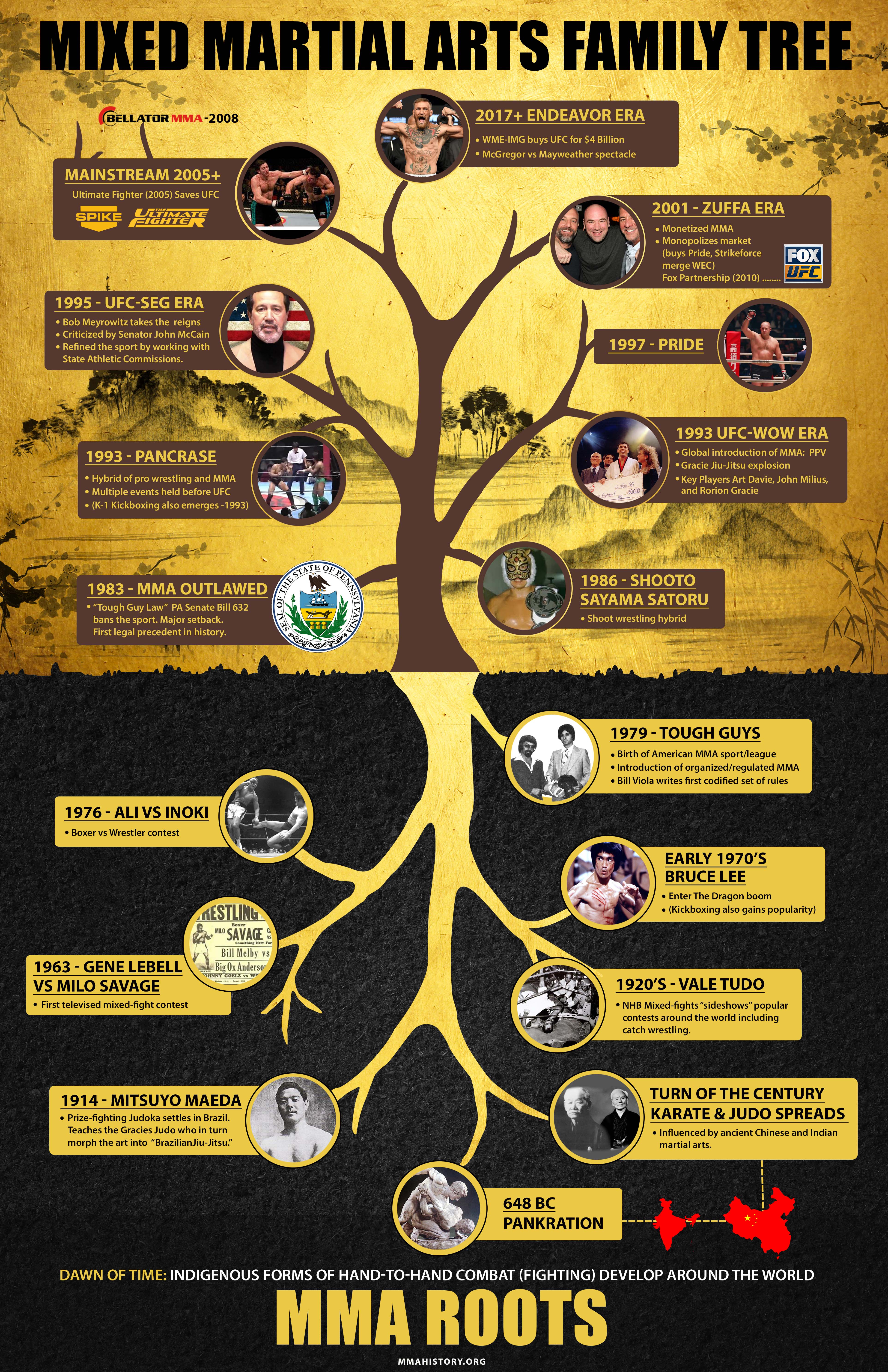Checking Out The Rich Heritage And Spiritual Dimensions Of Martial Arts: A Detailed Assessment
Checking Out The Rich Heritage And Spiritual Dimensions Of Martial Arts: A Detailed Assessment
Blog Article
Staff Author-Lauridsen Henson
Step into the old world where martial arts were substantiated of necessity in varied regions. Societies crafted unique fighting styles intertwined with historic contexts. Strategies developed over centuries through devoted method and social exchanges. Today, modern-day martial arts blend typical aspects for maximum efficiency. Philosophically, martial arts highlight discipline, self-improvement, and consistency. Respect, humbleness, and equilibrium are foundational principles assisting practitioners towards growth and durability. Check out the depths of this rich history and viewpoint to discover the extensive impacts shaping this long-lasting discipline.
Origins of Martial Arts
Fighting style came from various regions all over the world, developing as useful fight systems to defend against risks. These old battling styles were developed out of necessity, with each culture crafting strategies fit to their one-of-a-kind atmospheres and difficulties. From the grappling arts of Jujutsu in Japan to the striking techniques of Kung Fu in China, martial arts were deeply intertwined with the historical, social, and cultural material of their particular societies.
In Japan, the samurai class polished martial arts like Kenjutsu, the art of the sword, which later on advanced into the much more popularized kind of Kendo. At the same time, in Brazil, Capoeira became a mix of dancing and battle, produced by enslaved Africans as a method to withstand fascism. Each martial art lugs with it a rich background and philosophy, mirroring the worths and ideas of individuals who exercised them.
As you look into the beginnings of martial arts, you reveal a tapestry of human resourcefulness, resilience, and the unrelenting spirit of warriors throughout time.
Advancement of Techniques
With centuries of method and improvement, combat techniques within different martial arts have undergone an extensive advancement. From https://martialartshappykids64319.bloggactif.com/28299511/equipping-expertise-the-transformation-of-personal-security-educating like Martial art and Karate to much more modern-day self-controls such as Brazilian Jiu-Jitsu and Krav Maga, the advancement of strategies has been driven by a mix of social impacts, sensible applications, and technical developments.
One significant facet of this advancement is the cross-pollination of techniques in between various martial arts. As an example, techniques from conventional Japanese Jiu-Jitsu were incorporated into the production of Judo by Jigoro Kano in the late 19th century. This mixing of styles has resulted in the advancement of hybrid martial arts like Mixed Martial Arts (MIXED MARTIAL ARTS), which combine components of striking, grappling, and submission methods.
Additionally, the development of strategies has been shaped by the raising focus on efficiency and efficiency in combat. Experts have actually continuously looked for to refine their techniques through extensive training, testing, and competition, leading to the development of very specialized and reliable combating styles. Overall, the evolution of strategies in martial arts mirrors the vibrant nature of fight and the continuous quest for improvement and advancement.
Thoughtful Structures
Discovering the underlying philosophical concepts of martial arts offers understanding right into their core values and directing ideas. At the heart of several martial arts techniques is the concept of technique itself. By educating your mind and body to function as one cohesive system, you grow self-control that extends past the dojo or health club into day-to-day life. This technique encompasses regard, humility, and self-discipline, shaping not simply your physical capabilities yet additionally your personality.
Another fundamental philosophical structure in martial arts is the idea of continuous self-improvement. https://www.wired.com/2010/06/karate-kid/ of mastering a fighting style is nonstop, with practitioners constantly striving to far better themselves, both literally and emotionally. This concentrate on development promotes durability, willpower, and a development state of mind that can be applied to all facets of life.
In addition, martial arts stress the significance of consistency and equilibrium. Strategies are created to use an opponent's energy versus them, highlighting the concept of yielding and redirecting force instead of meeting it head-on. This viewpoint includes interpersonal connections, promoting relaxed resolutions and mutual understanding. By embracing these philosophical structures, martial artists not just improve their combat skills yet also cultivate a lifestyle fixated personal growth, regard, and consistency.
Verdict
To conclude, the history and philosophy of martial arts supply an abundant tapestry of custom, self-control, and self-improvement.
Take for instance the tale of Bruce Lee, who transformed martial arts by blending various styles and approaches to develop his own unique type of Jeet Kune Do.
Through dedication and development, martial musicians remain to push borders and motivate others to reach their full capacity both in combat and in life.
